South Korea is ramping up its nuclear defenses in response to the security threat posed by North Korea's deepening alliance with Russia, President Yoon Suk Yeol said in a speech shared on Monday in the National Assembly.
In recent weeks, Ukrainian, South Korean, and Western intelligence agencies have reported that North Korea is deploying around 10,000-12,000 troops to Russia to support President Vladimir Putin's war machine.
Yoon said that "illegal military cooperation between North Korea and Russia poses a great threat to our security" in a keynote speech on the budget bill, which South Korean Prime Minister Han Duck-soo read at a session of the National Assembly.
"Based on the Washington Declaration in April last year, we have dramatically strengthened our nuclear deterrence against North Korea by activating the ROK-US integrated extended deterrence system," Yoon said.

It comes as Ukrainian forces have reportedly engaged North Korean troops in combat for the first time in Russia's Kursk region, according to Andriy Kovalenko, head of the Ukrainian Center for Countering Disinformation.
United Nations Secretary-General Antonio Guterres said he is "very concerned" about reports of North Korean troops on Russian soil, his spokesperson said.
"The Secretary-General is very concerned about reports of troops from the Democratic People's Republic of Korea being sent to the Russian Federation, including their possible deployment to the conflict zone," said Stephane Dujarric, the UN chief's spokesperson.
Pyongyang has vowed to back Moscow until it achieves its objectives in Ukraine.
"Our traditional, historically friendly relations, which have traveled the tested path of history, today... are rising to a new level of relations of invincible military comradeship," the North's foreign minister Choe Son Hui said during her trip to Moscow last week.
Responding to the wider involvement of North Korea reinforcing Russian troops, Elina Beketova, a democracy fellow at the Center for European Policy Analysis (CEPA), told Newsweek that Putin is raising the stakes.
"The current developments between North Korea and Russia, particularly the ratification of the 'comprehensive strategic partnership' agreement, emphasize the struggle between tyranny and democracy. Putin is raising the stakes, signaling that he is mobilizing additional forces."
Beketova said North Korean and Russian soldiers will struggle to communicate with one another due to language barriers.
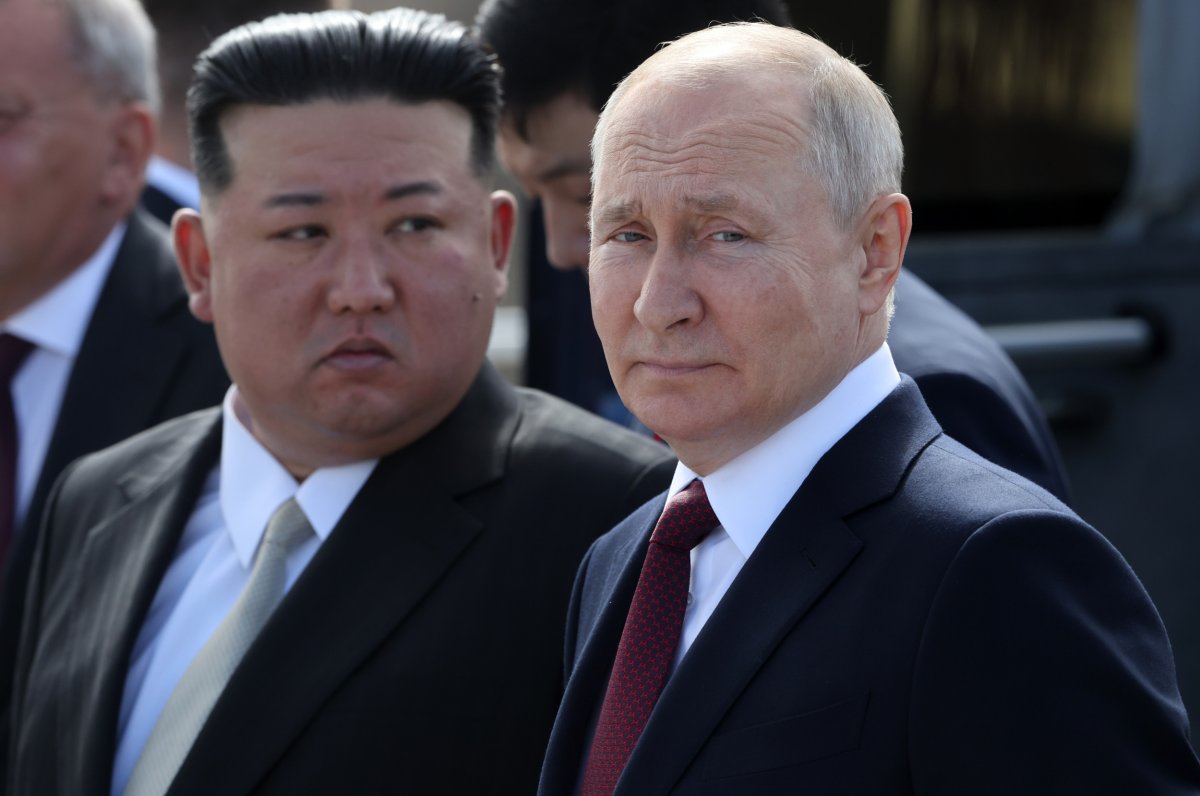
"From a military standpoint, it's challenging to assess the operational interaction between Russian and North Korean soldiers due to the complexities of both languages.
"How are they going to communicate with each other effectively? Do they have enough translators?" South Korean lawmakers recently said that Russia is teaching North Korean soldiers basic commands like 'fire' and 'in position'.
Beketova said Russia might utilize the foreign recruits in regions like Kursk, as suggested by the Ukrainian intelligence.
"This illustrates that Russia is seeking to mobilize extra manpower and forge alliances with other authoritarian states. Even if Russia substitutes its soldiers in the rear with North Koreans or sends them into high-casualty assaults, it may provide some tactical advantage.
"The response from Western and democratic nations should be straightforward: equip Ukraine with additional air defense systems and weaponry," Beketova suggested.
Zev Faintuch, head of research and intelligence at the security firm Global Guardian, told Newsweek: "The addition of North Korean troops does show that Putin needs reinforcements. But what's more concerning is that the well of North Korean troops is practically unlimited. Ukraine is much more 'desperate' for reinforcements than Russia is."
Meanwhile, Ukrainian President Volodymyr Zelensky has been lobbying NATO countries to allow Kyiv to use long-range missiles they have provided to strike targets deep behind enemy lines in Russia.
Ukraine's Commander-in-Chief Oleksandr Syrskyi said Kyvi's forces are facing "one of the most powerful Russian offensives" since the launch of the full-scale invasion in 2022.
Russian forces have reportedly seized a third village in two days, according to claims from Russia's Defense Ministry. On Sunday, the ministry announced that Vyshneve, located in Ukraine's eastern Donetsk region, is now under Russian control.
If confirmed, this would mark the third village captured within 48 hours. The RIA state news agency previously reported that Russian forces had taken control of Kurakhove and Kvartsytne (formerly Pershotravneve) on Saturday.
The deployment of North Korean troops in Russia comes after Ukraine's Kursk incursion caught the Kremlin off guard.
Thousands of Ukrainian troops entered Kursk in August launching the most significant ground offensive into Russian territory since Putin's forces invaded Ukraine.
Putin visited Pyongyang in June to hold bilateral talks with North Korean leader Kim Jong Un, where they signed a partnership agreement.
It states that the "other party shall provide military and other assistance without delay by all means at its disposal."
The two leaders held talks before signing the treaty, which pledged to provide military aid to one another if either was attacked.
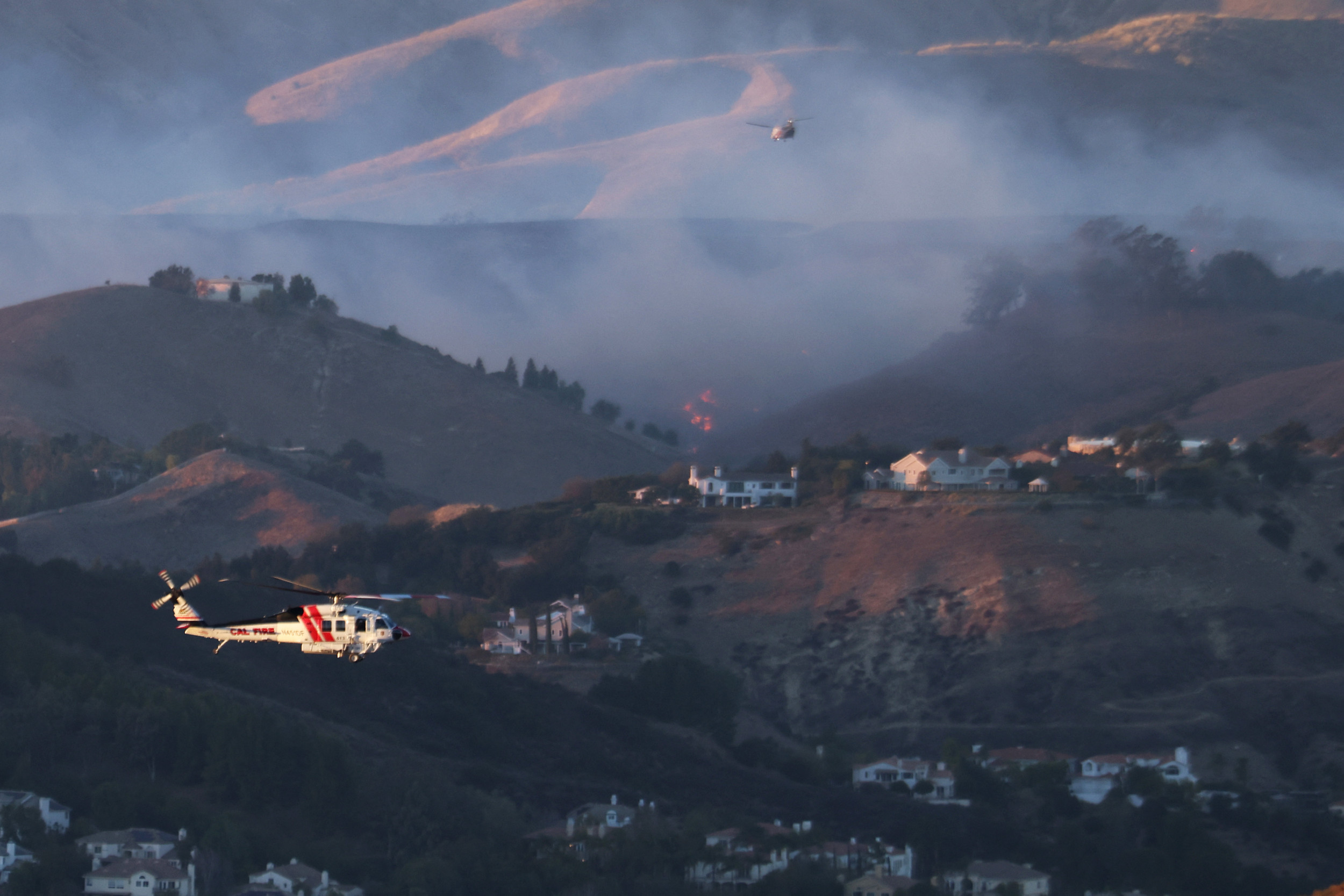
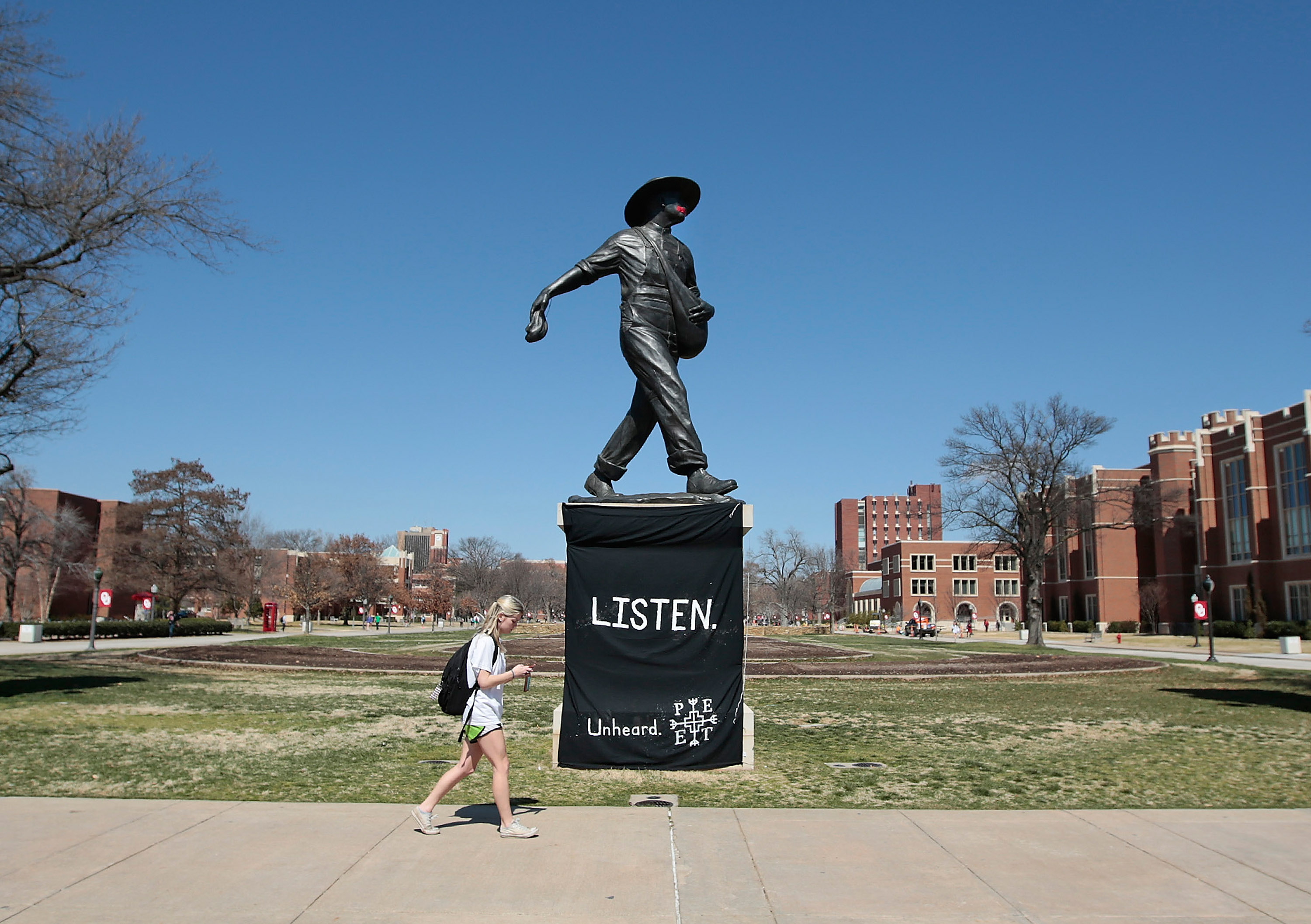


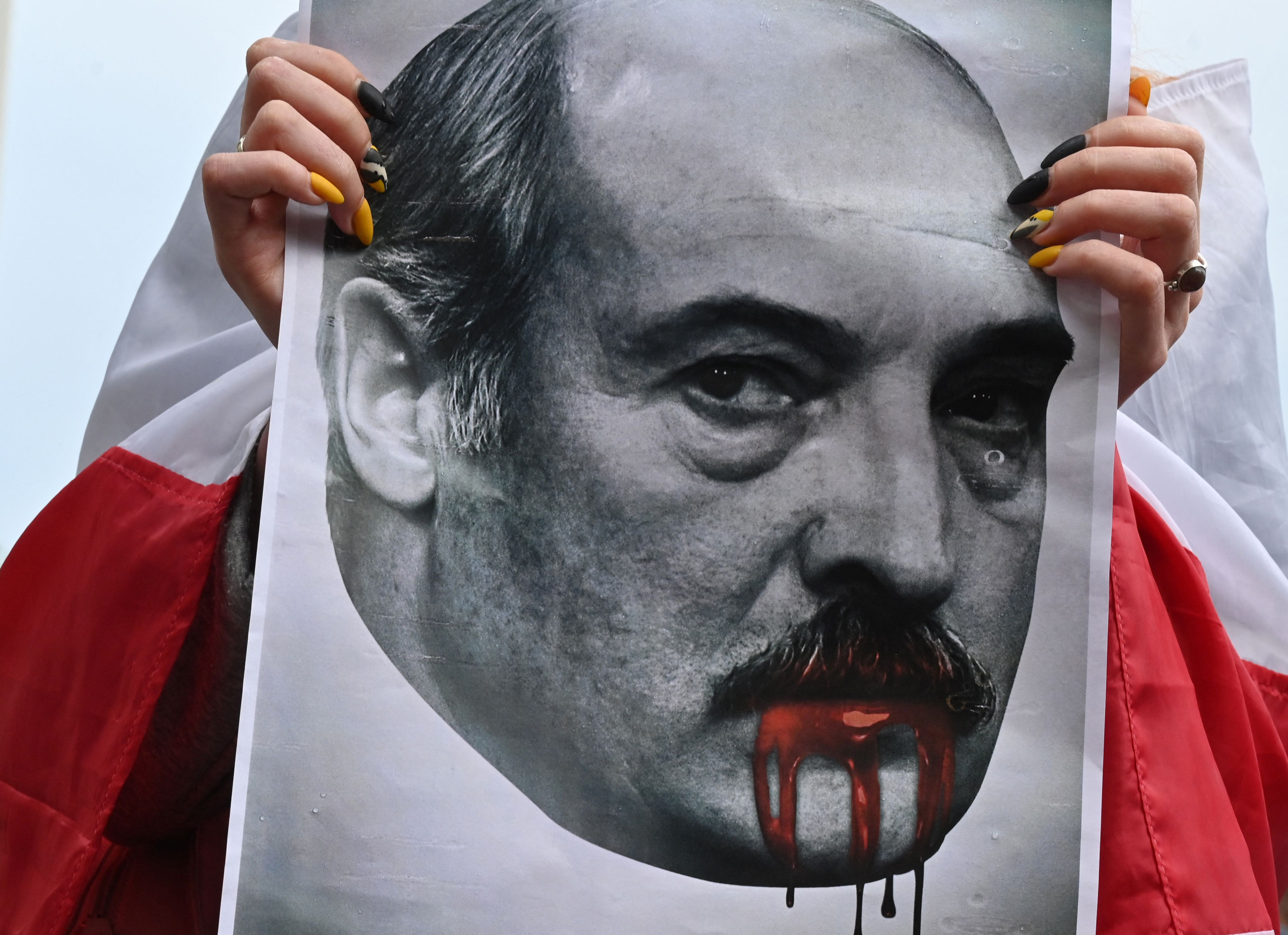



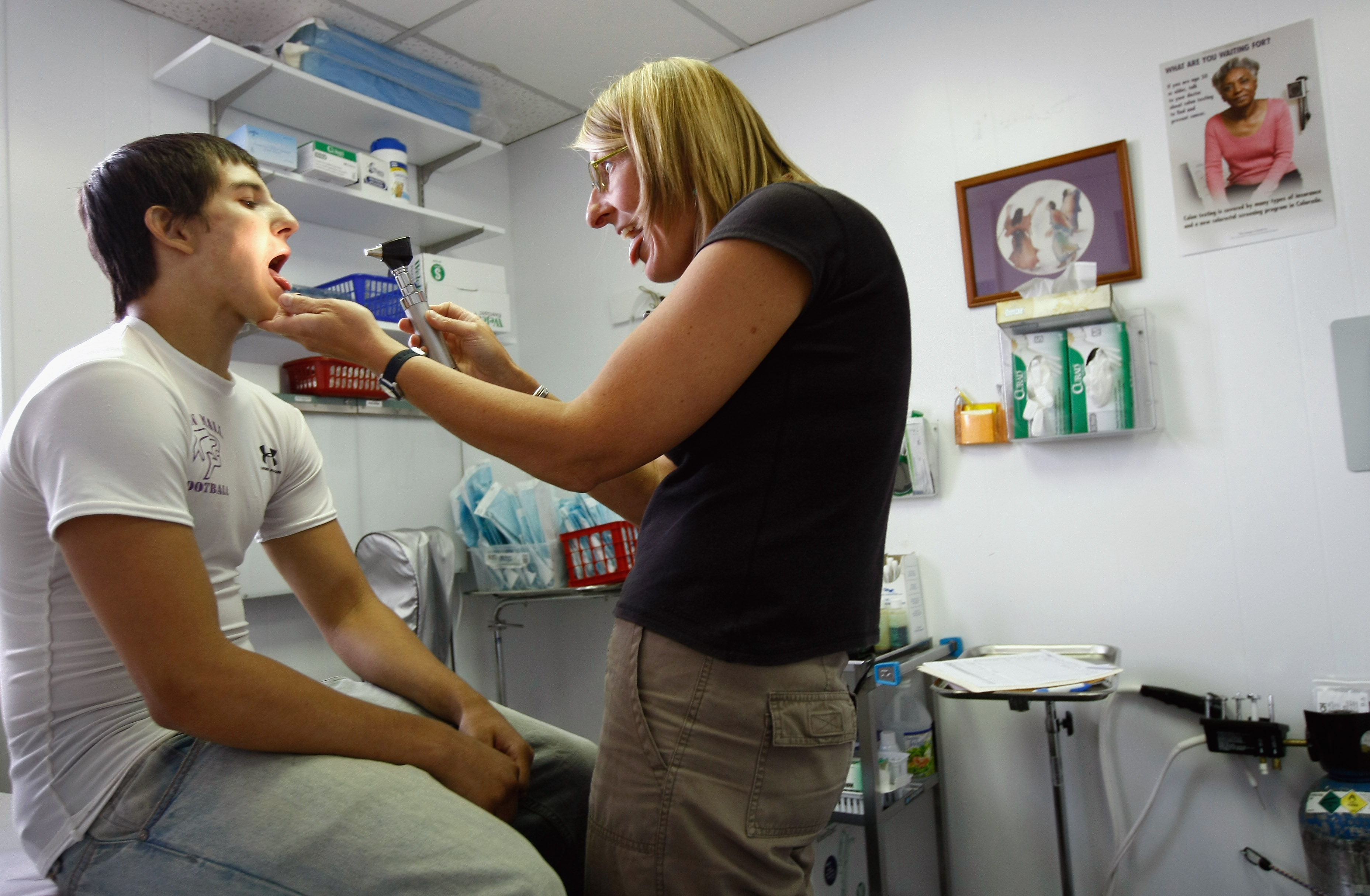
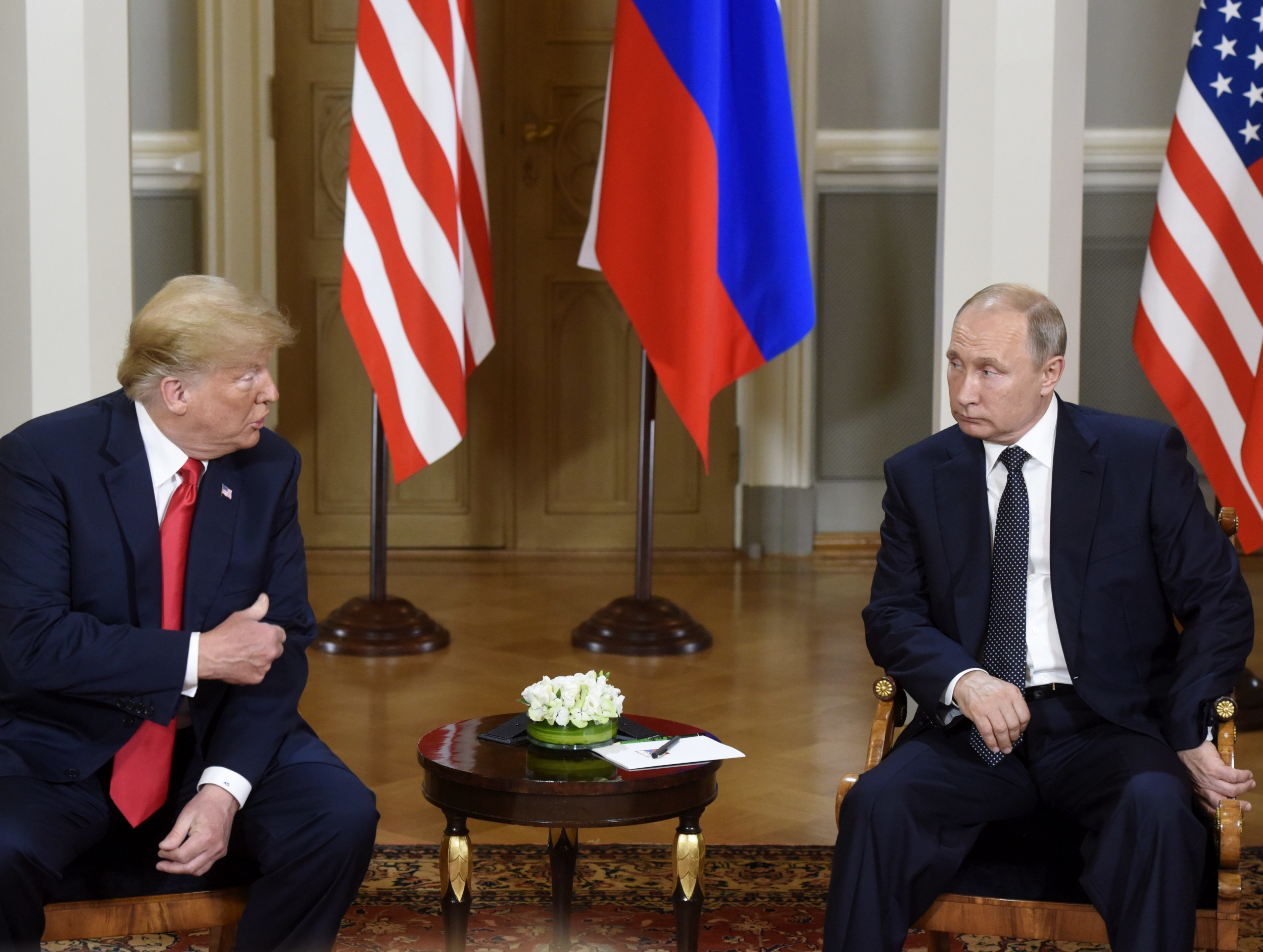










 English (US) ·
English (US) ·